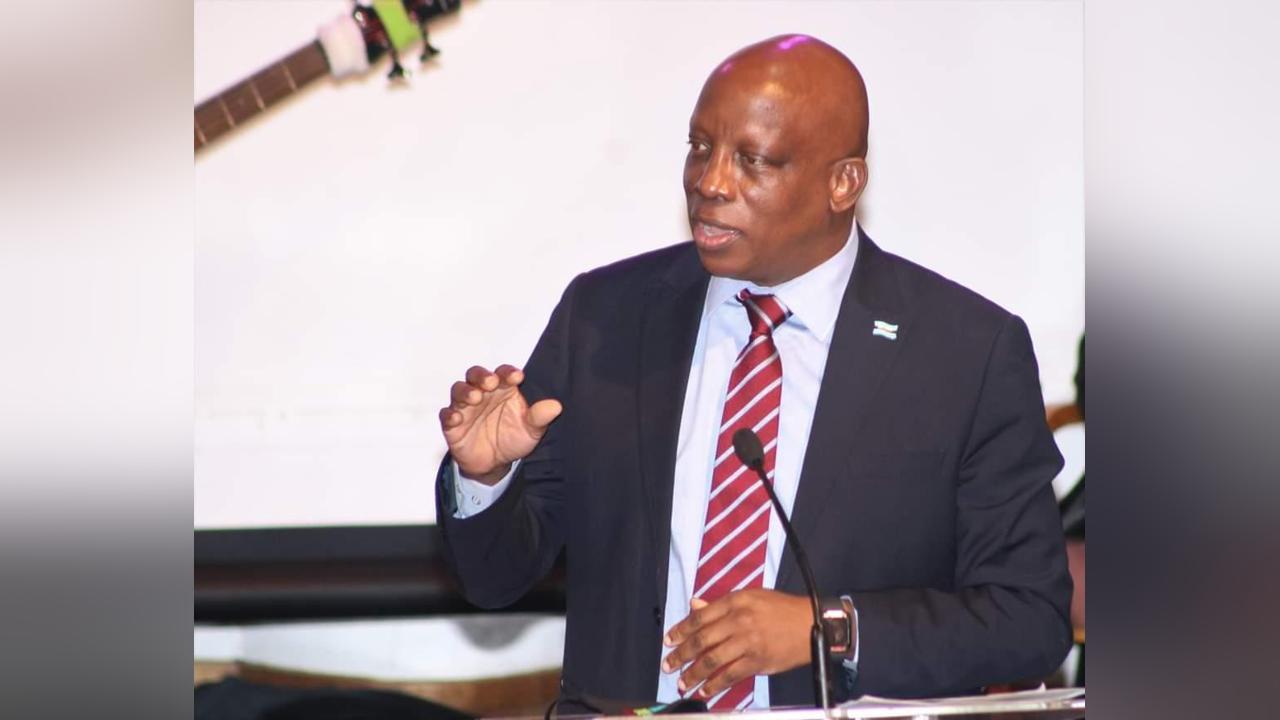Africa-Press – Botswana. Minister for State President, Honourable Kabo Morwaeng, has underscored the necessity of heeding public opinion in the legislative process.
In a statement delivered in Parliament on Friday, Minister Morwaeng announced the withdrawal of three government Bills following valuable feedback from the public and civil society organisations.
The withdrawn Bills include the Presidents (Pensions and Retirement Benefits) Amendment Bill, 2024, the Former Vice Presidents (Pensions and Retirement Benefits) Bill, 2024, and the Ministers and National
Assembly Gratuities and Pensions Amendment Bill, 2024, all of which had been presented for first reading in Parliament on July 29.
“Botswana is a country that respects, upholds and adheres to the rule of law, therefore it is important to recognise the importance of the public voice in the law making process. It was necessary to pause and allow for further consultations to appreciate the views of Batswana in relation to the Bills,” he said.
The Minister emphasised that the decision to withdraw the Bills was made not only in the interest of the public but also as a reflection of a consultative and responsive government.
“We have listened to the people. The people who elected us and whom we represent in this assembly, and we are obliged to listen to,” he added.
Mr Morwaeng told legislators that Section 87 (6) of the Botswana Constitution did not allow for a law made by Parliament to operate until it had been published in the Government Gazette.
That, he said was an important and prescriptive consultative step meant to afford citizens the opportunity to internalise the proposed legislation before Parliament passed it.
He pointed out that as much as MPs had the constitutional mandate to make laws, they were also required to consult for the peace, order and good governance in Botswana.
He explained that standing Order 72.3 prescribed that “no Bill (other than an Appropriation Bill) shall be read a second time earlier than 30 days after the day on which it was read a first time or, if in the case of a Bill presented by a minister or assistant minister a draft thereof was published in the Gazette before it was presented, 30 days after such publication.”
He highlighted that the standing order was crucial because the 30 days of publication underscored the significance of public engagement, and it was for them to consult such that when Bills were debated, feedback from constituents would be considered.
For More News And Analysis About Botswana Follow Africa-Press






